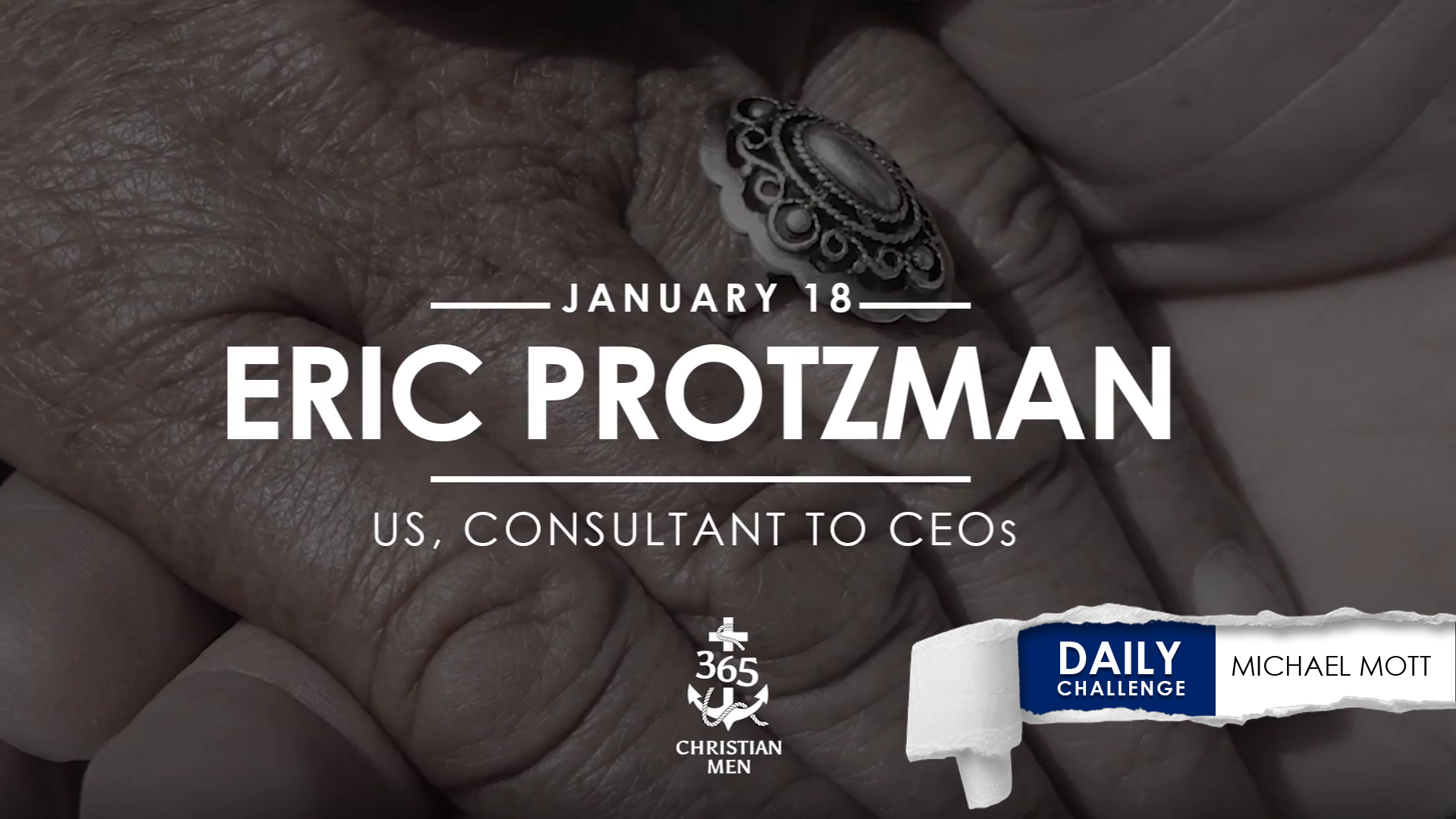January 22. Horst Schulze. Schulze is a man whose biblical beliefs aren’t pasted on. He lives according to the Word of God at home and at work. He believes employees are “ladies and gentlemen serving ladies and gentlemen.” Employees are not mere functional warm-bodies. They are valued, gifted, worthy creations of a living God.
Schulze established this core value, and upon it he built success. In 1991, HOTELS magazine named Schulze “corporate hotelier of the world.” He was co-founder of Ritz-Carlton Hotels and managed their worldwide $2 billion operations. On this date in 2014, Schulze was awarded the Forbes 5-Star Award for the Naples Hotel and Resort.
In 2020, Schulze spearheaded a new luxury hotel project based on serving customers. Today’s story starts at the beginning of a similar great project in Schulze’s life.
With influence comes power; with power comes responsibility. Handle with care.
Pittsburgh’s dilapidated Howard Johnson was on a death vigil. Its nightly occupancy rate was dismal. But Hyatt hired Schulze to resuscitate the place, breathe some life into it, and make it profitable again.
On a sticky Monday in June of 1976, Schulze arrived. To experience the hotel as paying customers did, he ignored the door marked “private” and strode toward the front entrance used by guests.
“Hey.” A uniformed doorman said, “Come here.”
How unprofessional. Rude even.
“You know what I do here?” The nametag read Jim.
“You greet the guests,” Schulze said.
Jim showed Schulze a roll of pennies. “I keep this here inside my hand. If I need to crack somebody in the face, I’ll break their jaw.”
Schulze’s mouth went dry. But Jim’s uniform—supplied by the previous owner—had holes in it. If management treated Jim with such little respect, it made sense that Jim would treat others disrespectfully.
“Look,” Jim said. “If you play ball with us, you’ll be okay.”
Us. The Union. Schultz replied, “Let’s play ball together by doing a good job for the owners, the guests, and you the employees.”
Schulze wasn’t in his office long when he heard shouting, “Where’s that—”
The vulgar name-calling was an emotional slap.
His secretary rushed in, afraid. “The Union’s here.”
Six Union leaders marched in. Five sat in chairs facing him, and the sixth gave Schulze his back. He spoke to his cronies. “Ask him if he ever saw a car blown up.” Then the rude man faced Schulze, “I mean with someone in it.”
Schulze denied the gulp rising in his throat.
After that, each day at one o’clock Schulze heard profane name-calling. The Union man started yelling before he reached Schulze’s door. Once in the office, the man complained. Knit-picked. Threatened.
Schulze clung to his belief in his own worth and the worth of others. He refused to be intimidated and fought for culture change.
Winter descended. His relationship with the Union seemed more balanced. For a holiday gift, the hotel gave each employee a turkey.
But Union leaders called the gift bribery. Within minutes, they called a strike. Out in the snow in front of the hotel, the employees picketed. As they chanted in the frigid air, their breath puffed into white clouds. Scrawled signs read, “Unfair to Labor.”
Schulze gathered kitchen-and-restaurant supervisors and asked them to make hot cider and to collect sweet rolls and coffee. Then Schulze and his team rushed into the cold with the treats. Everyone’s noses were red.
News crews arrived. Schulze handed a cup of steaming cider to one of his picketing employees.
A confused TV reporter shoved a microphone into Schulze’s face. “What are you doing?”
“These are still our employees,” he said. “The fact that there’s been a misunderstanding so that they’re missing a little work has nothing to do with the fact that they’re a vital part of this hotel, and I love them. It’s cold out here. I just thought they should have something hot to drink and sweet to eat.”
From that day on, the Union became more civil.
Over time the once-faltering hotel became the place to stay in Pittsburgh. The mayor even honored it. And Schulze gained Jim the doorman’s respect.
“Love your neighbor as yourself,” Schulze said. “I have a responsibility for those neighbors. To work for them and fight for them … The values of the Word [of God] do not change because it is work.”
For Schulze, each employee was a neighbor and a valued person God had created. “When we identify an operational function and then go looking for a warm body to fill that function, we are being short-sighted,” Schulze said. “We’re treating people as just another category of things.… this is not only bad practice, but even immoral. It ignores the God-given talent and worth of the human being. It depersonalizes them, reducing them to the level of office supplies.”
“Yes indeed, it is good when you obey the royal law as found in the Scriptures: ‘Love your neighbor as yourself’” (James 2:8 NLT).
Do you depersonalize others or treat them with dignity? With influence comes power; with power comes responsibility. Handle with care.
Based on an interview with Horst Schulze, October 28, 2019 and on his book, Excellence Wins, Zondervan, 2019.
Would You Like to Learn More About This Man?
“Do not let your light go out,” Schulze said. “You are a light to everyone that you come in contact with, so make sure that you do not dim your light and make sure you value everyone.”
~Horst Schulze
Story written by: Paula Moldenhauer, http://paulamoldenhauer.com/














